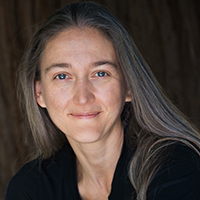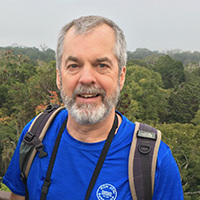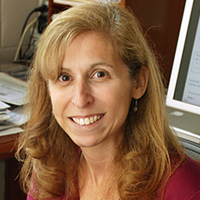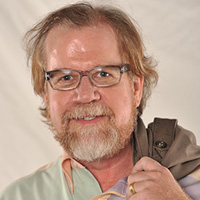How much brain do you need to be smart? Bees and ants perform marvels as colonies, though each insect has barely any brain. And plants—with no brain at all—exhibit behaviors that, by any definition, count as intelligent. Brace yourself for a mind-bending exploration of plants that learn new behaviors and warn their brainless fellows of danger; vines that compete with each other; molds that solve puzzles; and trees that communicate and cooperate through a ‘wood-wide web’ of microscopic mycological fibers. Perhaps the real question is, are we smart enough to appreciate the vast range of intelligence that surrounds us?
The Big Ideas Series is supported in part by the John Templeton Foundation.

















